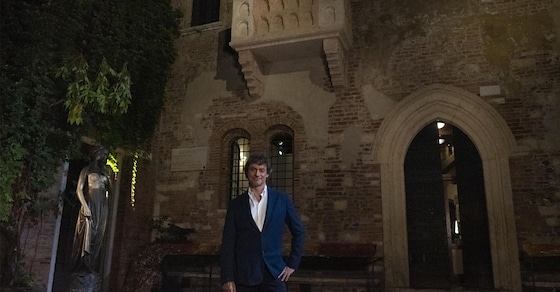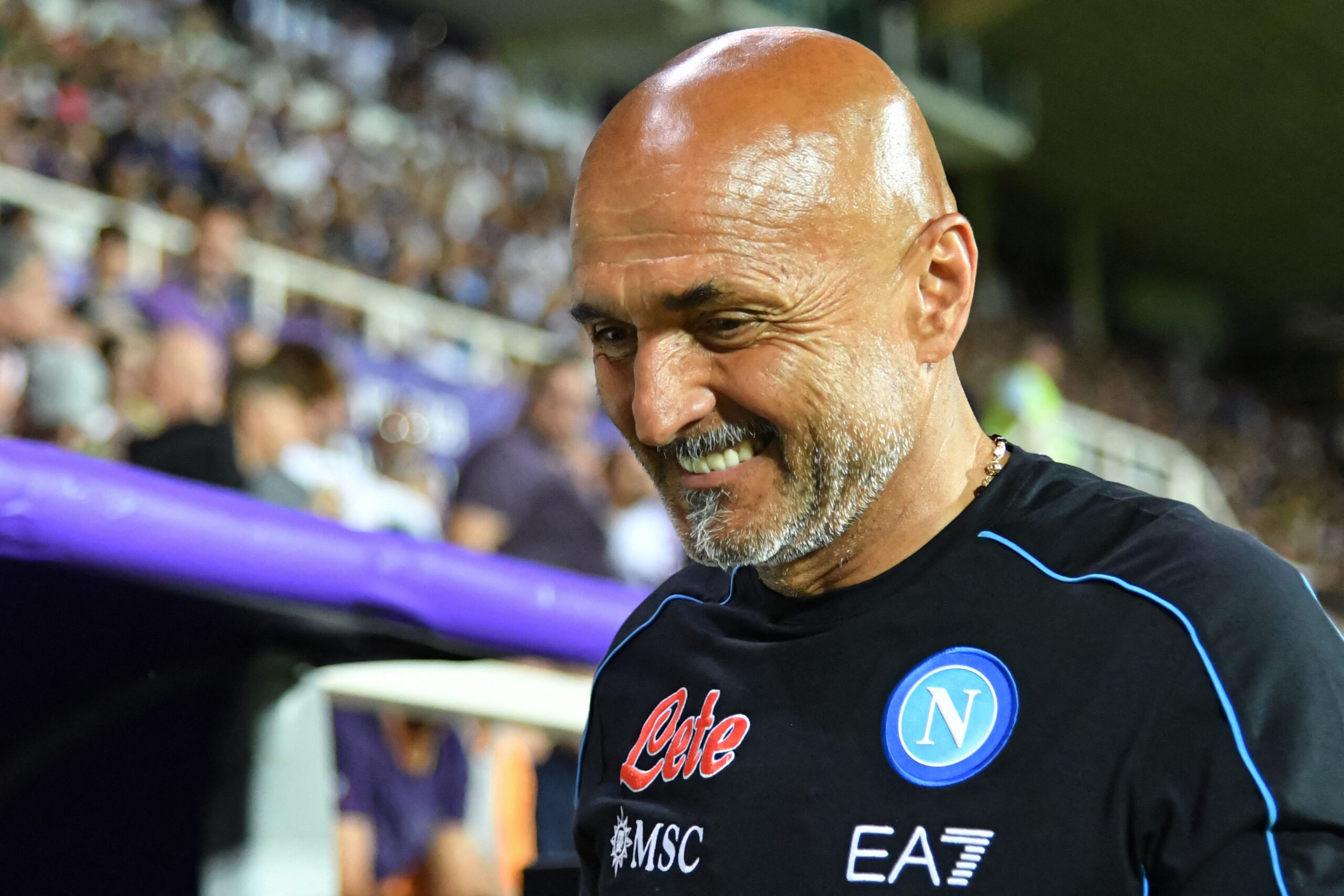Alberto Angela returns with the journey to discover the “Wonders” which, in this new series entitled “Stars of Europe”, crosses national borders for the first time to explore, in addition to the Italian ones, also the most spectacular UNESCO sites of our continent. On Wednesday 28 December, in prime time at 21.25 on Rai1, and for three weeks, the Rai Cultura program dedicated to the treasures of our cultural and environmental heritage is back. A journey that crosses Europe from east to west, from south to north, in search of the most representative beauties of each country, but also of the lines of a common history and a common identity. In addition to Alberto Angela’s story, the splendid images shot in 4K with the use of audacious acrobatic drones, this series is enriched by the testimonies of famous guests and artistic performances in some of the most significant places of the journey.
In the first episode, the journey starts from Mont Saint-Michel, in northern France, an islet that seems to dance between land and sea to the rhythm of the tides. Home to a famous Benedictine abbey, it stands in the center of an immense bay opening onto the English Channel, where the tides are among the most powerful in Europe. In the most intense phases, the sea withdraws about twenty kilometres, to then return, isolating the abbey from the mainland. It then continues to Lisbon, in Portugal, the western gate of Europe open to the immensity of the oceans. From the tower of Belém, to the embroideries of the Jéronimos monastery, Alberto Angela talks about this fascinating city nestled on the banks of the Tagus and overlooking the ocean. He guides us by tram through the narrow streets of Alfàma, the ancient Arab quarter, and to discover the magnificent azulejos of the palace of the Marquises of Fronteira, up to the Carmo church where a magnificent Dulce Pontes sings to the tune of Maestro Ennio Morricone.
The Italian stage of this episode is Verona, the city of Verona that inspired the literary love of Romeo and Juliet. At the Arena, the ancient amphitheater created to house gladiators and which has now become one of the largest opera houses in the world, Alberto Angela meets Roberto Bolle, the legendary Romeo of dance. On Juliet’s balcony, Riccardo Cocciante interprets a passage from his popular opera dedicated to the two tragic lovers.
The journey ends in Chartres, a French town home to the oldest and best preserved Gothic cathedral of the old continent. Its famous stained glass windows, which have been preserved intact for nine centuries, have given their name to a colour, the famous “Blue of Chartres”. An enigmatic labyrinth in the center of the nave is actually an initiatory path that leads the faithful to salvation.
In the first episode, the journey starts from Mont Saint-Michel, in northern France, an islet that seems to dance between land and sea to the rhythm of the tides. Home to a famous Benedictine abbey, it stands in the center of an immense bay opening onto the English Channel, where the tides are among the most powerful in Europe. In the most intense phases, the sea withdraws about twenty kilometres, to then return, isolating the abbey from the mainland. It then continues to Lisbon, in Portugal, the western gate of Europe open to the immensity of the oceans. From the tower of Belém, to the embroideries of the Jéronimos monastery, Alberto Angela talks about this fascinating city nestled on the banks of the Tagus and overlooking the ocean. He guides us by tram through the narrow streets of Alfàma, the ancient Arab quarter, and to discover the magnificent azulejos of the palace of the Marquises of Fronteira, up to the Carmo church where a magnificent Dulce Pontes sings to the tune of Maestro Ennio Morricone.
The Italian stage of this episode is Verona, the city of Verona that inspired the literary love of Romeo and Juliet. At the Arena, the ancient amphitheater created to house gladiators and which has now become one of the largest opera houses in the world, Alberto Angela meets Roberto Bolle, the legendary Romeo of dance. On Juliet’s balcony, Riccardo Cocciante interprets a passage from his popular opera dedicated to the two tragic lovers.
The journey ends in Chartres, a French town home to the oldest and best preserved Gothic cathedral of the old continent. Its famous stained glass windows, which have been preserved intact for nine centuries, have given their name to a colour, the famous “Blue of Chartres”. An enigmatic labyrinth in the center of the nave is actually an initiatory path that leads the faithful to salvation.
“Wonders – Stars of Europe” is a production made by Rai Cultura in 4K, directed by Gabriele Cipollitti with photography by Vincenzo Calò. Written by Alberto Angela with Fabio Buttarelli, Ilaria Degano, Vito Lamberti, Aldo Piro, Emilio Quinto.
Related posts:
Peruvian Contemporary Art Exhibition 'Desert Displacements' by Ishmael Randall-Weeks at Lawrie Shabi...
Li Jiuzhe and his wife separated for 6 months! Xiang Maqian shouted that 8,000 pink eyes were blinde...
Borodina, following Lorak, went for a walk in a down jacket Vottega Veneta
Today on Free TV: Don't miss the unfairly missed Disney movie in the cinema


